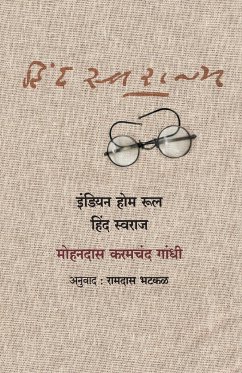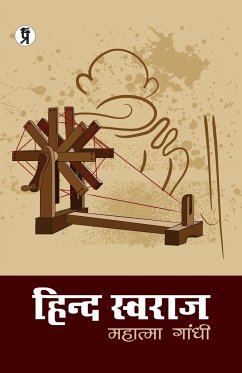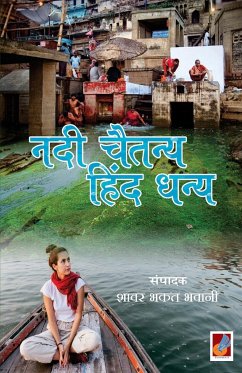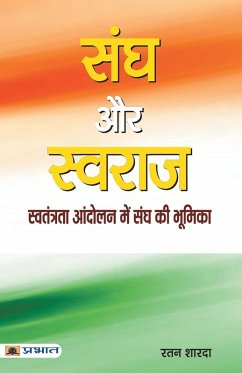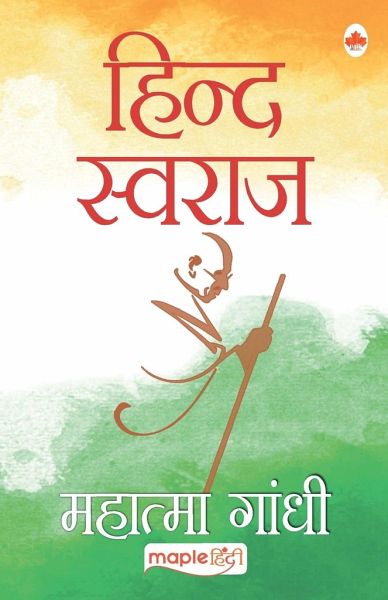
Hind Swaraj (Hindi)

PAYBACK Punkte
7 °P sammeln!
Mahatma Gandhi Gandhi, popularly known as Babu, was a prominent figure in India's struggle for independence and he penned down his thoughts in hind swaraj about the conditions and struggles of India in the early 1900s. Banned by the then government under the pretext of being seditious, hind swaraj is written in the form of a dialogue between Gandhi and his close friend, pranjivan Mehta as they argue about beliefs based on civilization, conditions of India and England, passive resistance, and education. Hind swaraj played a vital role in boosting the morale of fellow Indians and helped articula...
Mahatma Gandhi Gandhi, popularly known as Babu, was a prominent figure in India's struggle for independence and he penned down his thoughts in hind swaraj about the conditions and struggles of India in the early 1900s. Banned by the then government under the pretext of being seditious, hind swaraj is written in the form of a dialogue between Gandhi and his close friend, pranjivan Mehta as they argue about beliefs based on civilization, conditions of India and England, passive resistance, and education. Hind swaraj played a vital role in boosting the morale of fellow Indians and helped articulate confidence that India would achieve independence by refusing to be enslaved by Western civilization.



